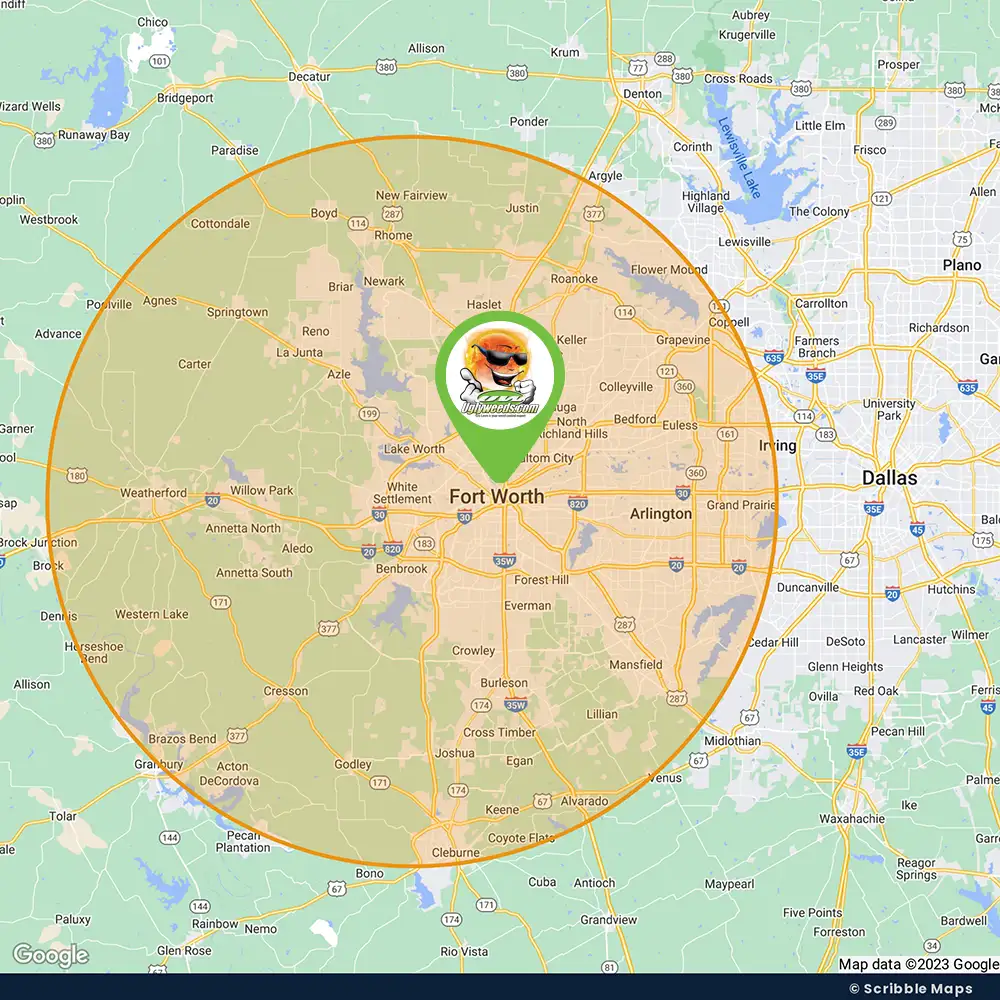Mosquito Control Services in Fort Worth
Mosquitoes love the warm Texas weather, which is why having a professional mosquito control company in Fort Worth is incredibly important! Experience the freedom of a mosquito-free yard with our professional mosquito control services in Fort Worth. Don't let these pesky insects ruin your outdoor activities and put your family's health at risk. Schedule your mosquito treatment today, and receive:
- A thorough inspection to determine the extent of the infestation.
- Effective mosquito treatments that use liquid treatments, traps, and barrier sprays.
- Recurring treatments every 3 weeks from April to November.
- Free re-treatments between services as needed.
- Advice from our experts on how to reduce breeding zones in your yard.
- And more!
When you enlist the help of Gro Lawn, you can be sure that your property will be treated quickly and effectively. Contact us today to schedule an appointment for our professional mosquito control services.
How In2Care Mosquito Traps Work
One of our most effective mosquito control treatment methods is the use of In2Care traps. These traps operate by targeting female mosquitoes at multiple stages of their life cycle to effectively reduce populations. Here's how they work:
- These traps lure female mosquitoes seeking to lay eggs using attractants like water and odor.
- Upon entering the trap, the mosquitoes come into contact with a biological larvicide, which they then transfer to other breeding sites, targeting and killing mosquito larvae.
- Additionally, the trap contains a growth inhibitor that female mosquitoes carry with them, disrupting the development of larvae at various locations.
Essentially, the traps allow mosquitoes to spread the larvicide themselves, taking it to high-activity areas. If you are interested in one of our mosquito exterminators setting up this system on your property, contact us today.
Comprehensive Mosquito Spraying
Our mosquito exterminators in Fort Worth leave no stone unturned when it comes to spraying your property. Mosquitoes can be persistent, which is why we aim to spray every inch to ensure total elimination. Our team sprays:
- Shrubs (we’ll fog these areas)
- Around your swimming pool
- All over the back porch
- Around the front doors
- Wherever moss gathers in your lawn
- And more!
Enjoy Your Lawn After Just 10 Minutes
One of the best parts of working with Gro Lawn for mosquito control is that we use family and pet-friendly products that allow you to get back to enjoying your lawn in no time. After just 10 minutes, it is completely safe to return to your backyard! Our goal is to let you enjoy your property without the worry of mosquitoes, so we ensure you can enjoy it as much as possible.

Mosquito Control Service Area
Gro Lawn has been servicing homes in the Fort Worth area for years, so our exterminators are experienced and ready to help you achieve a pest-free property. For a personal touch that only comes with a local business, call us today for mosquito control in:



